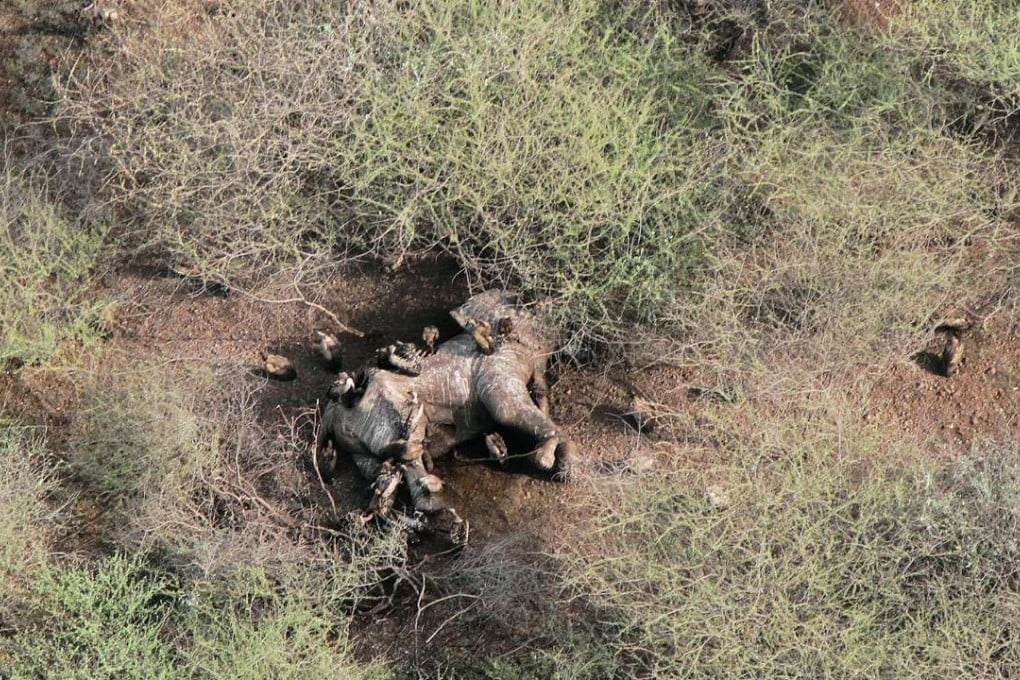Hong Kong’s ivory traders don’t deserve any compensation
Alex Hofford is outraged by the demand from the 370 Hong Kong companies and individuals who will be affected by a trade ban, given their role in decimating elephant populations in the first place

Twenty-six years ago, the world called time on the international trade in elephant ivory, after it had halved African elephant populations within 15 years. Now governments in the US, China and Hong Kong are finally closing the remaining loophole that allowed domestic trade to continue and facilitated a second ivory crisis that has recently been claiming 33,000 elephants a year.
Hopefully, Japan, Thailand and other significant markets will soon follow suit and the elephants can recover. The positive news is that ivory prices have more than halved in China over the past 18 months, that drop apparently starting before the domestic trade bans were announced. Ivory traders at the Hong Kong Trade Development Council’s jewellery fair this month offered us ivory for US$380 a kilogramme, down to 20 per cent of what it was.

Carving out a better future for elephants in the fight against wildlife trafficking
Instead of rewarding those who invested and speculated in extinction and whose abuse of regulations halved elephant populations, surely it is the families of the many rangers killed by poachers, or the child victims of civil wars financed by ivory – or the African nations that have lost millions in tourism revenue and spent millions fighting poaching – who should be compensated by the traders whose activities caused the problem? They won’t be, of course, and that’s why its morally offensive that the perpetrators of the elephant slaughter should even suggest that they be compensated.
Industries of all kinds fall into disfavour and become obsolete for moral, legal and economic reasons and almost none, if any, are compensated. Why should the 370 companies and individuals in Hong Kong that have had 26 years’ notice to sell down their stocks get special treatment? When foot binding was banned, did we compensate foot binders? Were slave owners compensated when that abominable practice was abolished? Of course not.